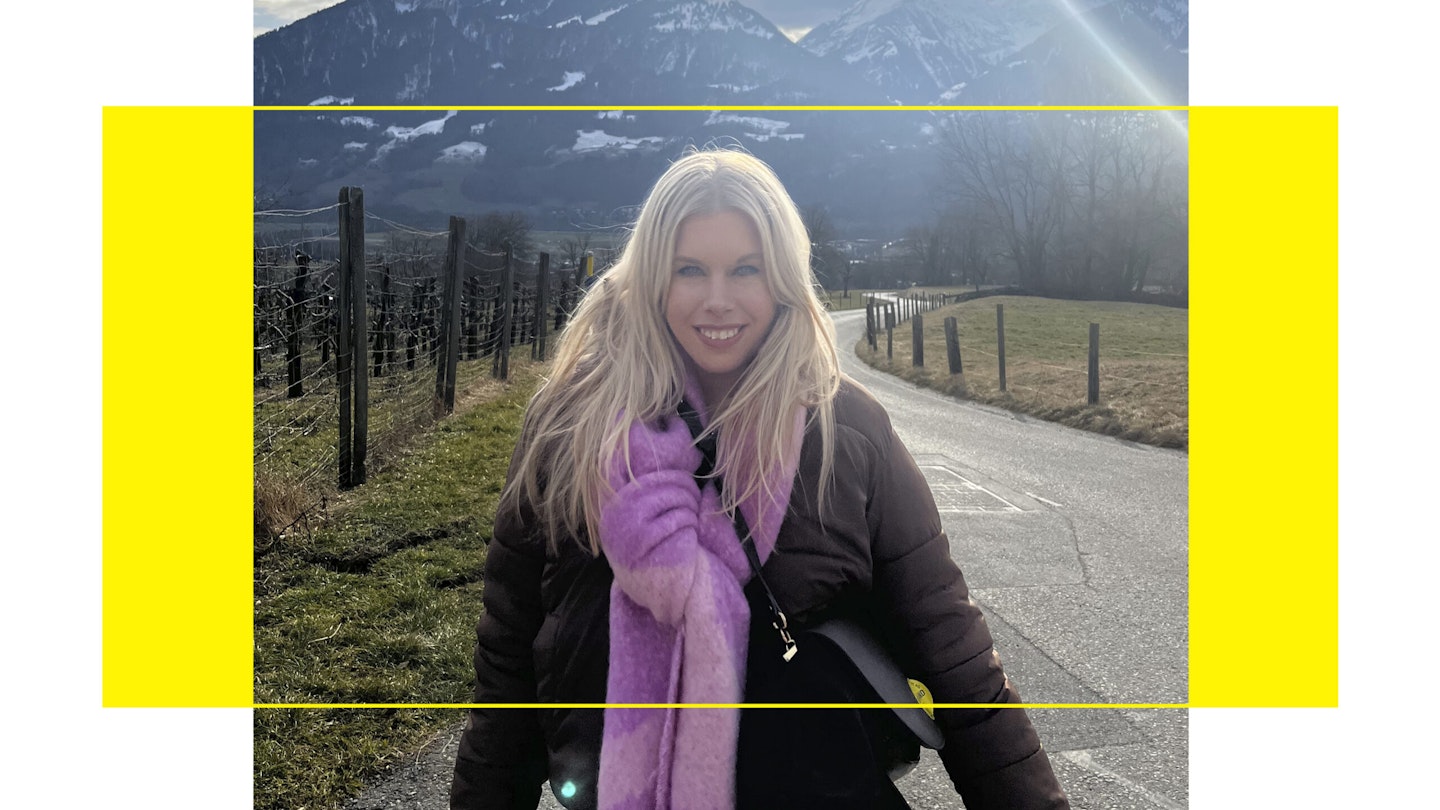‘I’ll just do the month and then see how I feel,’ was the lie I parroted to anyone who would listen in January 2022 when I gave up drinking under the guise of doing Dry January. The yearly tradition of giving up alcohol after the excesses of Christmas and New Year started back in 2013, when only 4000 people took part, but it’s been gaining traction ever since with over 175,000 people giving up booze for the first month of 2023.
For me it was a gateway, a socially acceptable reason to give up something which I had long known wasn’t serving me. See, despite trying my first drink at 13, and continuing to indulge until I was 33, there’d always a little voice in the back of my head that told me my relationship with alcohol wasn’t healthy.
It was there at 18 when I lay in a darkened room crying while my friends bounced back from their hangovers. There at 26 when I drank so much on a night out in Paris that the last day of my trip featured a scenic tour of McDonalds’ bathrooms and none of the cultural sights I’d planned to see. It was there on the first day of lockdown when I stocked up on so much alcohol that the carrier bags I bought it home in dug deep lines into my swollen fingers. And, it was also there the day I finally gave up, after I’d spent New Years Eve mine-sweeping glasses of Prosecco so I was never without a drink in hand.
When people find out you’re sober, they often ask ‘how?,’ but when I look back it’s that very same question I ask myself of all the years I spent drinking. How did I spend so long accepting the deep and nauseating anxiety I’d experience with every hangover? How did I justify missing out on being fully present for so many moments in life? How did I not care about my well-being enough to stop? All of these are, of course, questions better answered with the help of a therapist, but there are some answers I’ve come to over the last two years.

The first is that for a long time, despite all of the above, it felt easier to drink than to not. Easier to explain away my drinking, and laugh off the way it made me behave (often badly) than face the prospect of being sober. And it was easy, because drinking heavily is so normalised that no one else ever questioned it. The second is that I drank to drown out the parts of my life and myself I didn’t like. It wasn’t that I thought I became a better person with alcohol (arguably, I didn’t) it’s that after a few glasses I wouldn’t have to think about it. I drank to quell anxiety, that has, ironically, only really started to shift now that I’ve given up alcohol for good.
The other thing people want to know is does it really make that much difference? There’s only one answer here; yes. Giving up alcohol has not only removed the hangovers, it’s given me a mental clarity that I’d never had before. This week the actress Lucy Hales also celebrated two years sober, saying in an Instagram post, ‘This continues to be the greatest gift I’ve given myself,’ and I couldn’t really put it better. Giving up alcohol has given me the freedom to start to become the person I always wanted to be. I’ve had better work opportunities because I have more time to go after the things I want, I’ve found a partner, my skin is brighter, my days are longer. People often think that when you give up alcohol, you give up on life, but having been to Glastonbury, on many holidays and just as many parties as I used to, if something’s fun, it’s fun whether you’ve got a drink in your hand or not.
For some people Dry January is a bit of a joke, a gimmick to buy into before joining in the banter when they fall off the wagon a week and a half later, but for me it was the best decision I’ve ever made. Life can still be hard, relationships still difficult, but I handle every single challenge better without alcohol than I ever did with. So if you’re reading this thinking, is it really worth it? Try giving it another few weeks, and maybe you’ll surprise yourself.
